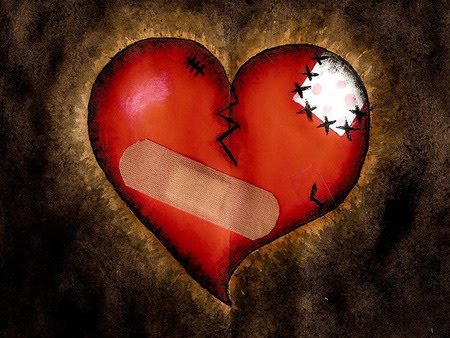Most people think they know what emotional abuse is, but then they describe verbal abuse. Ask yourself the question now; what is emotional abuse, and how is it different to verbal abuse? Is it really that bad?
Abuse is all about control
Ultimately, all abuse comes down to control. As the name suggests, emotional abusers gains control over their victim by manipulating their emotions. Abusers require professional treatment to assist them with their strong need to exert total control of those around them. This is difficult as in many cases:
- They don’t see a problem with their behavior
- The abuser has unending excuses used to justify their behavior
- They believe they are the victim
- The victim takes responsibility for the abuser’s behavior or sympathizes with the abuser
And most importantly
- Both parties are unaware of emotional abuse and the damage it causes
Every emotionally abusive relationship will look different, as each abuser and victim is unique. Each abuser has individual needs, and therefore techniques, to try exploit from their victim to satisfy that need. Each victim is also unique. They have unique strengths (where the abuser can’t touch them), as well as weaknesses or sensitivities that are selfishly exploited by the abuser to gain control.

Is it really that bad?
We may know that there is no justification for a spouse to pick up a belt or raise a hand to hit their partner. Most know that it is never OK to make sexual advances on a child, or on an adult without common consent. Yet, our screens are full of put-down humour, and anger is rampant in our homes and societies. Even victims put on a front of strength and mistakenly assume and reassure others that it’s not that bad and they can handle it.
It doesn’t matter how strong you are, you wouldn’t ‘handle’ a beating with a stick, why is emotional abuse given more leniency? It’s easy to see a physical bruise, it’s easy to feel the pain each time it brushes against something. We are infinitely less aware of emotional bruises, and the pain that lingers.
A broken bone may set. An emotional wound, if not dealt with, will follow you for the rest of your life. Physical bruises are felt only by you. Emotional wounds may be passed on to others around you. Just as we once stood up and spoke out against the common practice of husbands beating their wives, it is time we stood up for everyone’s emotional wellbeing.
We need to start protecting our emotional health as seriously as we protect our physical body.
The weapon
The commonly manipulated emotions are fear, guilt and obligation. Over time, as the abuser exerts greater control, victims lose aspects of their individuality and are robbed of their self worth. Some abusers over time completely control all aspects of the victim’s life.
In contrast, healthy relationships allow each party to feel that their individuality is valued. Everyone has a right to be respected and to make their own decisions. Every person should be able to live life freely, without being plagued by fear or guilt at the hands of another.
Prevalence
Emotional abuse has become so common, that most people will encounter an aspect of it at least on a daily basis. Imagine you had a risk of being hit, or sexually molested on a daily basis? Imagine the outcry. Studies show a prevalence rate of up to 80%. That is 4 out of 5 people, who will experience an emotionally abusive relationship in their lifetime. Half of these cases are verbal aggression which most people are aware of as wrong. The other half experience it in the form of coercive control, a field where many are clueless.
While awareness of many forms of emotional abuse are becoming more well-known (think cyberbullying), the umbrella with which it sits under-emotional abuse-is largely unknown. In fact, many forms of emotional abuse are seen as normal and acceptable.
Effects of emotional abuse
Emotional abuse is just as damaging as other forms of abuse. Do not take your (or a friend’s) situation lightly should you become aware of it.
The most devastating effect is the inability to recognize that you are being emotionally abused. Emotional abuse robs individuals of self esteem and leads to depression. It increases the risk of anxiety, chronic pain, guilt, insomnia and loneliness. The risk of worsening mental health increases along with the length of the emotionally abusive relationship.
Emotional abuse vs other forms of abuse
All forms of abuse are emotional abuse, but emotional abuse is unique from the others. For example, lets say the abuser uses the creation of fear to get their way (emotional abuse). To create this fear they can hit you (physical abuse), rape you (sexual abuse) or shout at you (verbal abuse). Emotional abuse tactics vary widely, as described in the next post.
Next post: How to recognize emotional abuse
Back to Home
